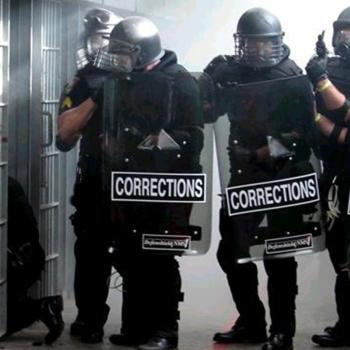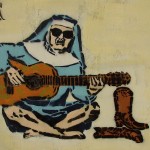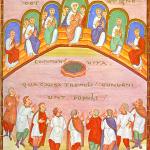This, to me seems a smart interactive idea that makes a great more sense than the LA Time’s disasterous “wiki-editorial” try.
Starting this week, you pick the news
Wisconsin State Journal reader Eric Norman of Ridgeway figures he has a better handle than editors on what this newspaper ought to publish on page one.
“Could you please cease printing sports stories on the front page?” Norman asked editors in an e-mail. “You have a sports section; that’s where they belong. The front page is for important news.[…]
Starting this week, Norman and other readers will get a chance to tell us what they’d most like to read on the next day’s front page and editors will let the majority rule. Starting Monday, and continuing each weekday from 11 a.m.- 4 p.m., our recently redesigned Web site, www.madison.com/wsj, will let readers vote for the news item they’d most want to read.
[…]
In the paper, we’ll identify the day’s top vote-getter with a “reader’s choice” label. Unless later- breaking, major news displaces it, the reader’s choice typically will appear on the front page.
The AP reports on this new scheme thusly:
Tuesday’s front page included the first “reader’s choice,” a look at Ford’s plant closings and job cuts. The wire story, which received 41 percent of the 192 votes cast, beat out stories on ex-convicts who return to Madison and President Bush’s eavesdropping program.
Ellen Foley, editor of the paper, said it was not shirking its responsibility to judge news because editors provide the choices and do not have to follow the readers’ pick.
“The smart editors of America … all understand that interactivity is part of our future,” she said. “Doing that in a credible way and in a transparent way is the trick. This particular feature is appealing because it combines both of those values.”
A journo pal of mine wonders if the readers will choose what he calls “crap” for the front page, Oprah-esque light reading and sports, but I suspect the editors are going to be surprised – and hopefully educated out of their own “bubbles” – at what folks want to read about. And for papers seeing diminishing circulation numbers and declining revenues, this seems to me to be a smart experiment. It will be interesting to see how it pans out.















